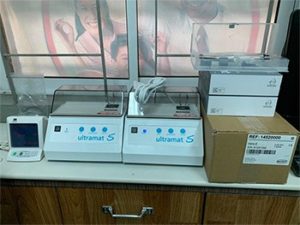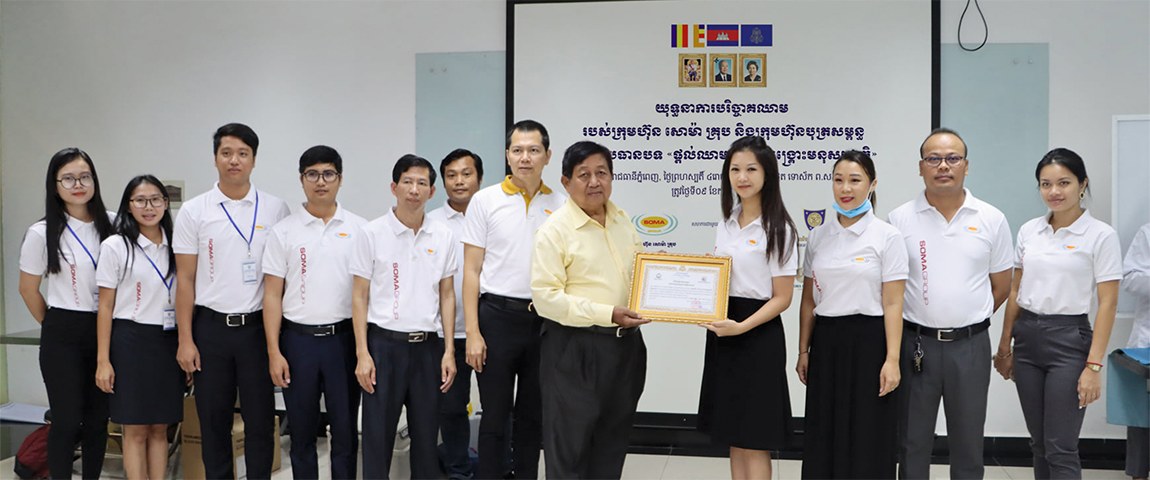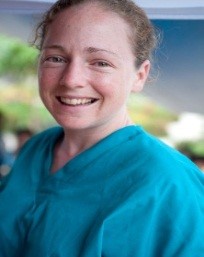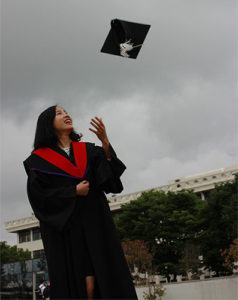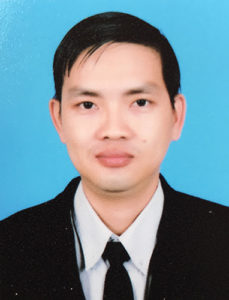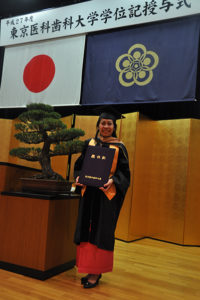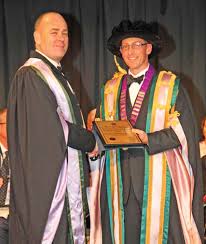University and industry Collaboration:
UP Faculty of Pharmacy – PPM
The collaboration between university and industry has been widely recognized as an essential trend among academics and industry practitioners. This relationship often connects research activity, educational collaboration, personnel mobility, and contracting. There are numerous benefits from these connections including benefits to society, universities and companies. Society benefits through practical application, innovative products and technologies such as new and improved medical devices, techniques, therapies, computers, smart phones and much more. In return, universities receive potential financial rewards or sponsorship for research and patent products.
This revenue will support university functionality and independence. Additionally, faculties can increase their productivity through purchasing cutting-edge scientific equipment, which can otherwise be unavailable in university laboratories, as well as an increasing number of publication opportunities. Universities also enhance future employment opportunities for undergraduate and graduate students. Companies within associated industries can stimulate their internal research, products or service development programmes and university researchers help industry to improve their processes and product quality, which can only enhance companies’ reputations and sustainability.
University and industry collaboration is one among a range of priority activities in the Faculty of Pharmacy (FoP) here at UP. The FoP has collaborated with many pharmaceutical companies, industry-wide. In general, this collaboration focuses on research projects, internships and staff training. Recently, the FoP has received research grants from Pharma Product Manufacturing (PPM), which is a positive result from UP’s industry collaboration.
PPM was the first pharmaceutical plant built in Cambodia, in early 1996. With the support of the European Union ECIP program, a partner of the CERP France Group partner and GMP-certified (Good Manufacturing Practice), PPM has a high level of human and technological resources to develop and produce a wide range of antibiotics, analgesics and high-quality products of family medication, complying with international control and safety standards. A leader in the domestic market, PPM now exports over half of its production to French-speaking Africa, Southeast Asia and Europe. This collaboration mainly focuses on the Black Ginger study in Cambodia. The collaboration is a great achievement between PPM and the FoP that benefits both institutions, and contributes to society as a whole.
UP INVESTS $10,000 IN NEW DENTAL EQUIPMENT
Each semester UP invests heavily in new equipment for each Department and Faculty. This week some of the new equipment for the Faculty of Dentistry has arrived, and more is on order, totalling $10,000 of new investment. This equipment includes:
- 2 capsule mixers for the SIM lab;
- 2 light cure units for the SIM lab;
- 3 handpieces and 7 handpiece motors;
- 3 micromotors for laboratory work and minor oral surgery;
- 1 high-quality Morita Apex Locator;
- 2 ultrasonic water baths (to facilitate pre-disinfection of instruments);
- 2 ultrasonic scaling machines;
- 2 sets of high quality RINN periapical film holds;
- 1 hand-held portable X-ray machine;
- 3-pot dipping wax LED machine for lab.
This equipment is purchased to improve the quality of our teaching and learning, and so that we can provide the best possible service to our patients. Additionally, the Faculty of Dentistry has been allocated a further $10,000 to spend in the second half of the year on additional equipment.
| WHAT’S UP ON CAMPUS | -16-17-18 September 2020, pchum ben days -24 september 2020, constitutional day |
|---|


